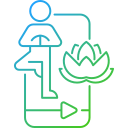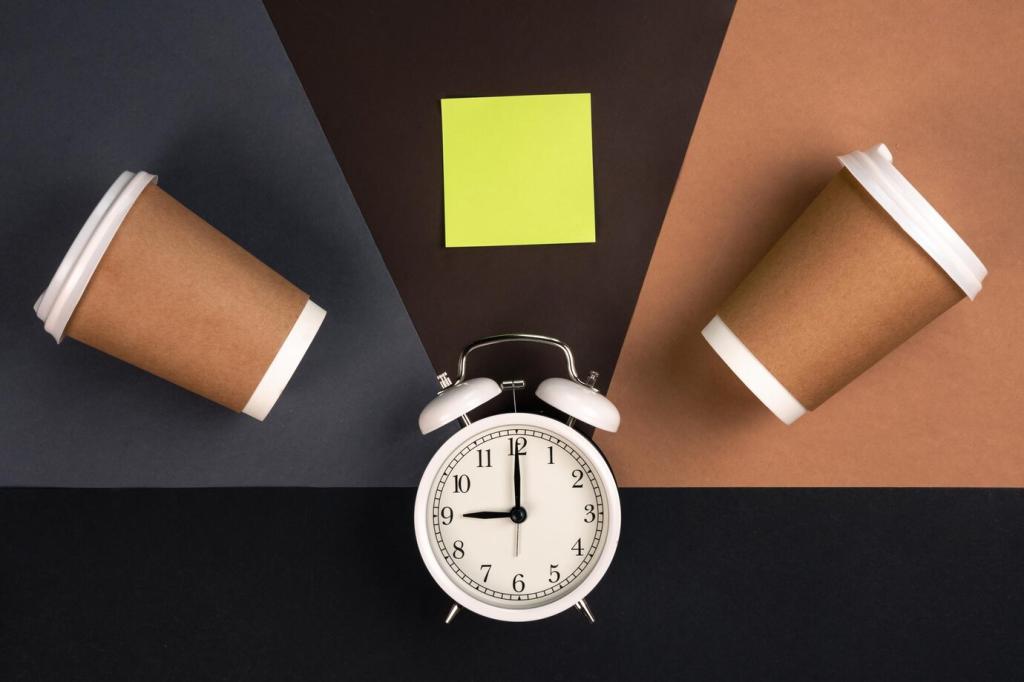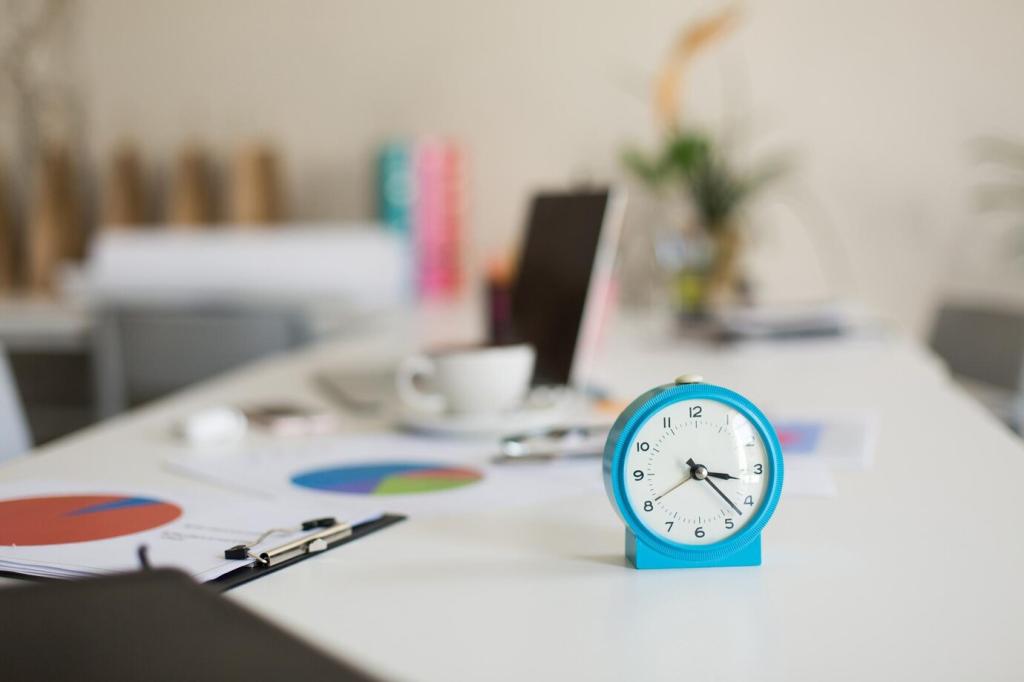Sleep, Blue Light, and the Nightly Spiral
Blue-rich light suppresses melatonin, the hormone that helps you fall asleep. Even with night filters, stimulating content keeps your brain alert, delaying sleep onset and shrinking deep sleep cycles tied to mood regulation and emotional resilience.
Sleep, Blue Light, and the Nightly Spiral
When headlines lean negative, your nervous system prepares for threat. Scrolling in bed trains your brain to associate rest with vigilance, making it harder to unwind and easier to ruminate when the room finally goes quiet and dark.



